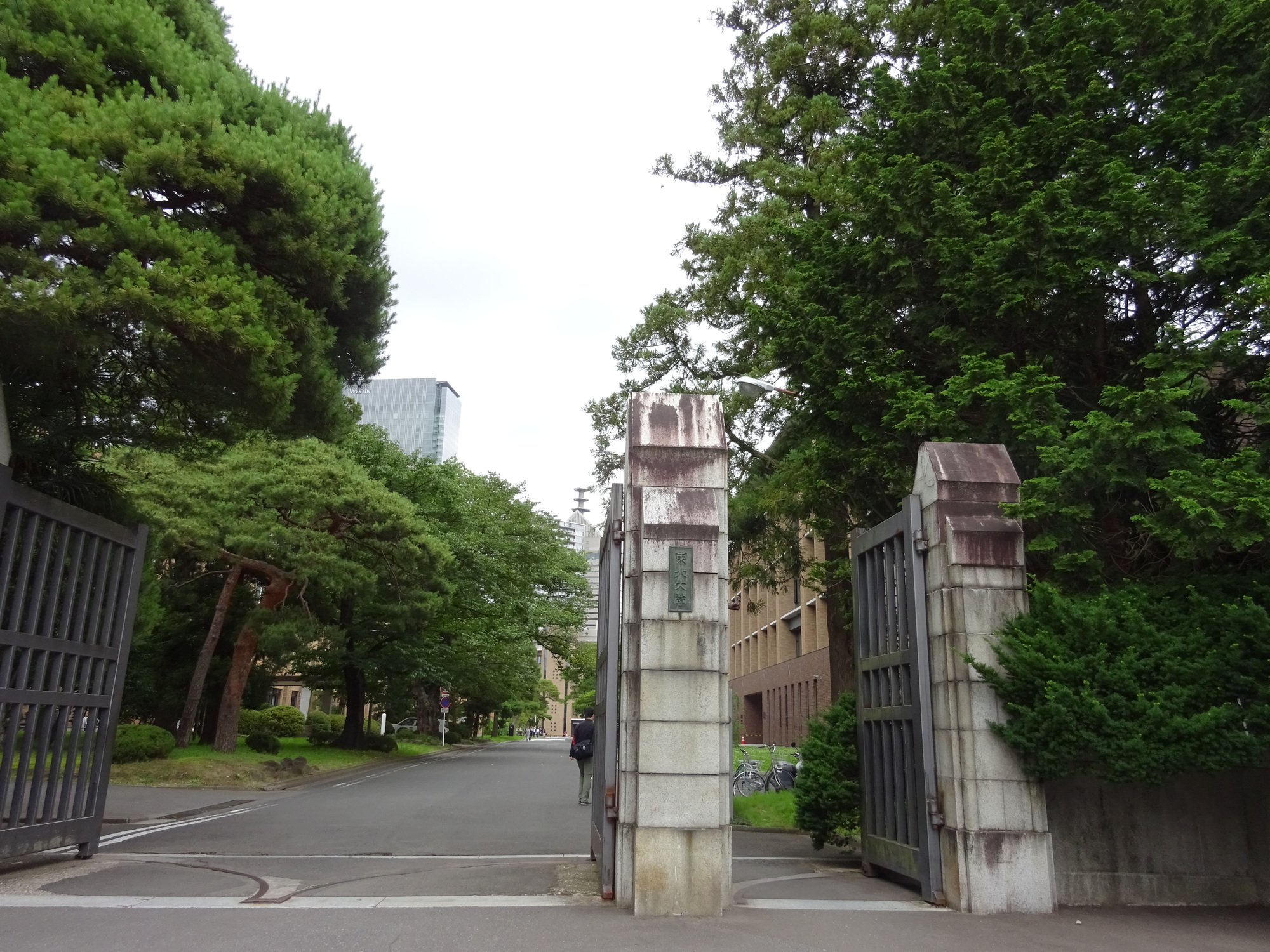Known for being awarded the Nobel Prize by Professor Yoshinori Ohsumi in 2016, "autophagy" decomposes various opponents such as dysfunctional organelles, pathogens that invade from outside the cell, and protein aggregates. It's a technology that can be done.However, existing autophagy activators have the drawback of not having the ability to choose who to decompose.
A research group at Tohoku University has announced that it has invented a new method, AUTAC, with the aim of developing a technology for "shooting" specific substances using autophagy.
AUTAC consists of a chemical structure (guanine derivative) that attracts autophagy and a compound that binds to the degrading partner (“targeting ligand”), and selectively autophagy-decomposes intracellular disease targets. can do. By designing various "targeting ligands", it is possible to change the partner who decomposes autophagy.
For example, AUTAC, designed to bind to the surface of mitochondria, is said to bring significant improvements in mitochondrial function and morphology with short-term administration.Administration of AUTAC to cell lines established from patients with mitochondrial disorders for 3 days significantly improved mitochondrial functions such as membrane potential and ATP production.In addition, it is known that mitochondria become smaller and fragmented as their function declines due to disease or aging, but the fragmented mitochondria that existed before AUTAC administration were removed and returned to a healthy network-like form.
The AUTAC invented this time is the world's first autophagy activator that can select and remove various decomposition targets, and is expected to be widely applied to future drug discovery research.
Paper information:[Molecular Cell] AUTACs: Cargo-Specific Degraders Using Selective Autophagy

